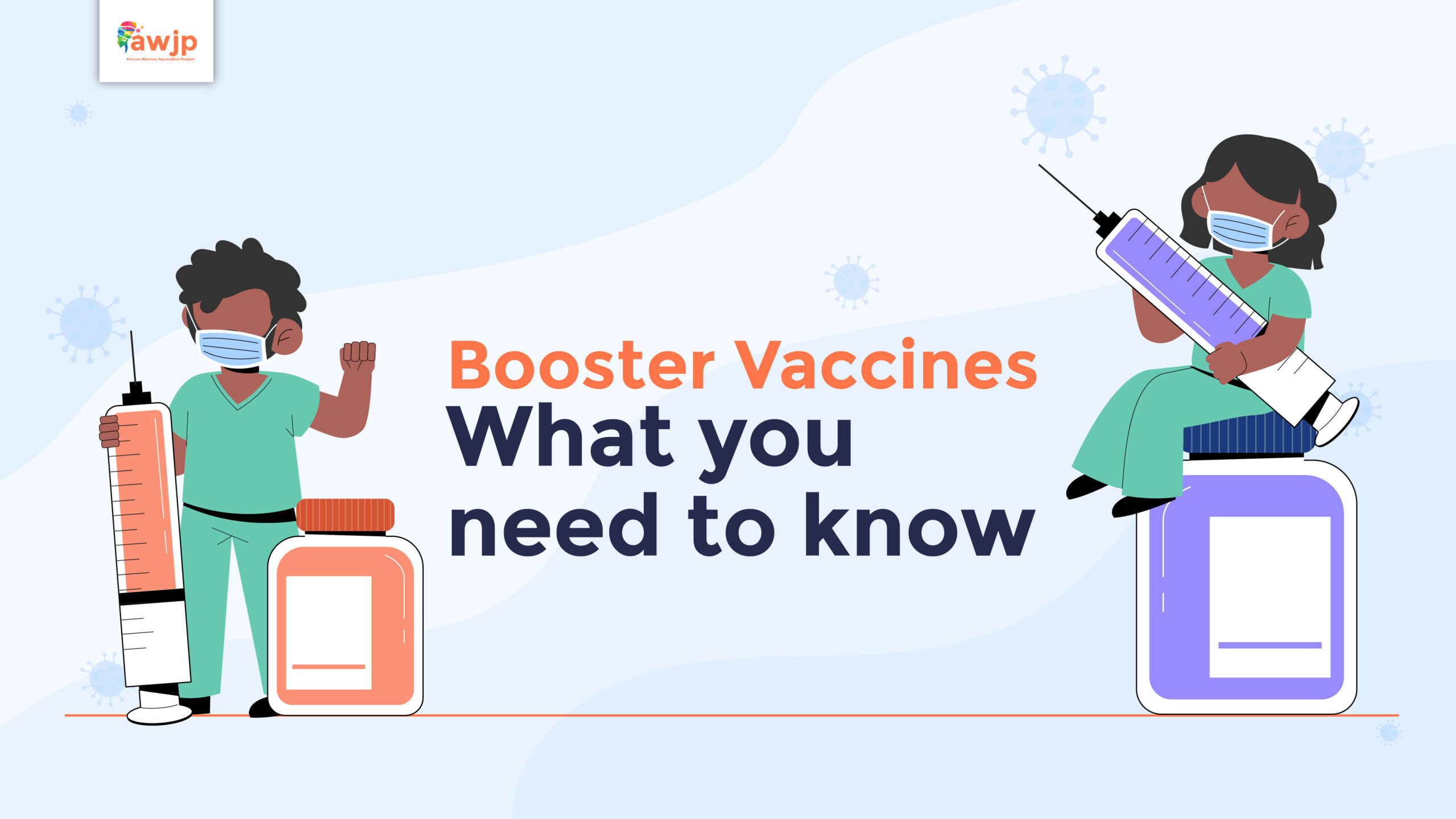With news of new emerging Covid-19 variants even as the vaccine roll out programs are ongoing it is expected for people to wonder if there is a need to get booster vaccines as the present vaccines were manufactured before the new variants. Thus imperative to understand what booster vaccines are, how they work, who is eligible.if they are necessary and if so, when or what conditions will prompt their necessity.
What are booster vaccines?
A booster vaccine is an additional dosage that strengthens protection and provides more defensive properties to the immune system to prevent serious illness in the case of a pathogen, virus.
It increases immunity against antigen by re-exposing our immune system to the part of the vaccine that protects us, after memory of the immune system against the antigen has waned over time the process is called immunological memory. Immunological memory is our immune system’s ability to recognize and provide responses to previously encountered foreign invaders like COVID -19.
Over time vaccines for diseases like polio, tetanus, measles and hepatitis B, have had booster vaccines shots to offer more protection. The booster shot could be identical to the original vaccine or modified to enhance protection in the case of a new viral variant.
How do they work?
Our immune system has memory cells (memory B-cells) which save instructions for producing specific antibodies and they normally are inactive waiting for signals to start producing antibodies. If the booster shot is identical to the original vaccine, it will amplify the signal to re-engage, increasing the number of antibodies being produced. In case it has been tweaked and this will probably be when a new variant is a lot more different from the virus, the booster will retrain the cells to recognize the new features of the variant and produce antibodies , should you be exposed to it.
Who is eligible for a booster shot?
For one to be considered for a booster they will need to have already been vaccinated. In case the booster vaccine is necessary three other factors will have to be thought through:
- Is the recipient a young and healthy person who is likely to have a robust response to the vaccine or an elderly or immunocompromised person who may not have had a robust response to the vaccine? The booster is more important to the latter group.
- In the case where a new variant is so different from the original virus that it can by-pass the existing immunization, then everyone will need a booster vaccine.
- Waning protection against infection or disease, in particular severe disease, over time.
Is a booster vaccine necessary against COVID-19?
As of late last month in a document published by the ministry of health individuals who it’s been six months or more since they received their full covid vaccination will be eligible for booster shots in Kenya. This approval comes even after the Africa Center for Disease Control and Prevention says it recommends an extra dose only for people older than 60 years and those who are immunocompromised.
There is evidence based data analysis from experts that indicate the need for booster vaccines especially with the emergence of new variants and waning vaccine effectiveness over time, however offering blanket booster vaccines to a small population while billions remain unvaccinated and vulnerable to Covid-19 is definitely not the way out of this pandemic, in Kenya as of yesterday only 16.8% of the population is vaccinated as compared to 67% in high income countries.This does not only encourage vaccine hoarding in richer countries feeding in the already existing problem of vaccine equity, covid continues to spread among the unvaccinated population, increasing the chance for the emergence of new and more dangerous variants.
The World Health Organization is still reviewing emerging evidence on the need for and timing of an additional vaccine dose for the currently available Covid-19 vaccines which have received Emergency Use Listing (EUL). This review is based on waning immunity , vaccine effectiveness and global vaccine supply and global and national equity of the available vaccines. The WHO has said it makes no sense to offer blanket booster programmes in the battle against new concerning variants like Omicron as many people in poorer countries are still waiting to get their first jab, warning that repeating booster doses of the original Covid vaccines is not appropriate or viable strategy against emerging variants.
It is critical to note that research on the already existing vaccines has indicated that they still offer significant protection against the new variants from causing serious illness and death thus the approved booster vaccines are to be recommended for the special population and not the general population even as focus remains on getting the rest the population fully vaccinated as the blanket booster programmes is likely to prolong the Covid pandemic rather than ending it , by diverting supply. Individual country vaccine booster dose programmes policy need to balance the public health benefits to their population with support for global equity in vaccine access necessary to address the virus evolution and pandemic impact, this is according to a report by WHO’s strategy advisory group published in December.

